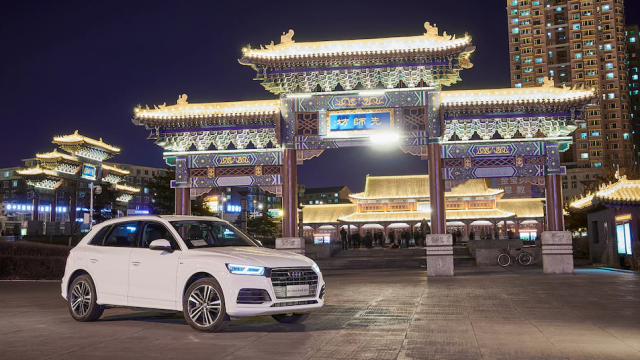The German automotive industry, including BMW, Mercedes-Benz, Audi, Volkswagen, and their subsidiaries, may soon be facing more problems in the declining Chinese car market over a dispute about 5G phone networks, of all things.
Huawei, a huge Chinese telecommunications company, has been trying to push its competitive 5G infrastructure and services to international markets. But recently, Huawei was singled out by the U.S. government as a security threat over concerns that the company was using its telecommunications networks to spy and send sensitive information to the Chinese government. The issue has also become a key part of new trade negotiations between the U.S. and China.
Since then, more governments have begun to question Huawei’s expansion, including a movement in the leading German government to overrule German Chancellor Angela Merkel’s decision not to ban Huawei’s 5G network, leading to Germany’s Chinese ambassador to sort-of casually threaten Germany’s presence in the Chinese car market.
Here’s more from South China Morning Post:
On Saturday the ambassador said: “If Germany were to take a decision that leads to Huawei’s exclusion from the German market, there will be consequences. The Chinese government will not stand idly by.”
[…]
Wu reminded the audience that German manufacturers accounted for a quarter of the 28 million cars sold in China last year, according to Bloomberg.
“Can we also say that German cars are not safe because we’re in a position to manufacture our own cars? No, that would be pure protectionism,” he said.
His remarks prompted many German commentators, including Thorsten Benner, director of the Berlin-based Global Public Policy Institute, to interpret his question as an “open threat”.
All of this has come up as a result of Huawei’s deal with Telefonica Germany, Germany’s second-largest mobile operator, last week for investment in 5G infrastructure.
If Germany’s government moves ahead with action against Huawei, any sort of impact on German automakers in China could easily lead to billions of dollars in investment and sales lost. It’s a tricky national security situation to navigate given the Chinese government’s, uh, close relationship with its major companies operating internationally. Here’s to hoping no wars are ever fought over faster cell phone speeds.
